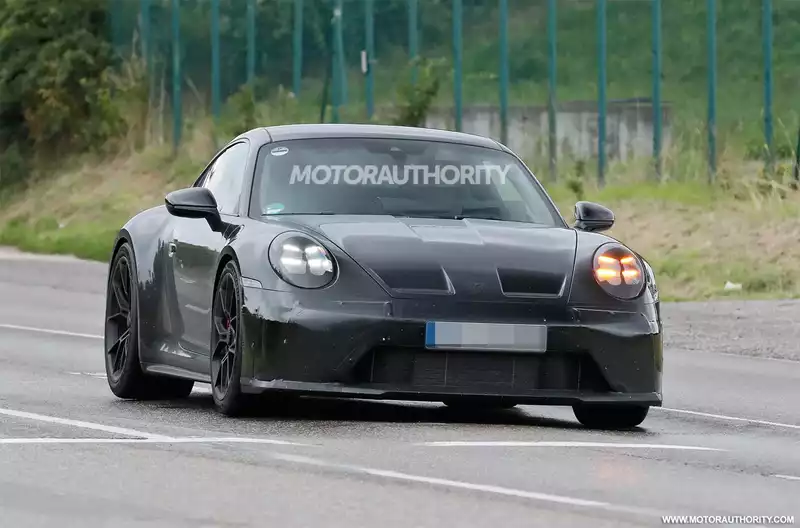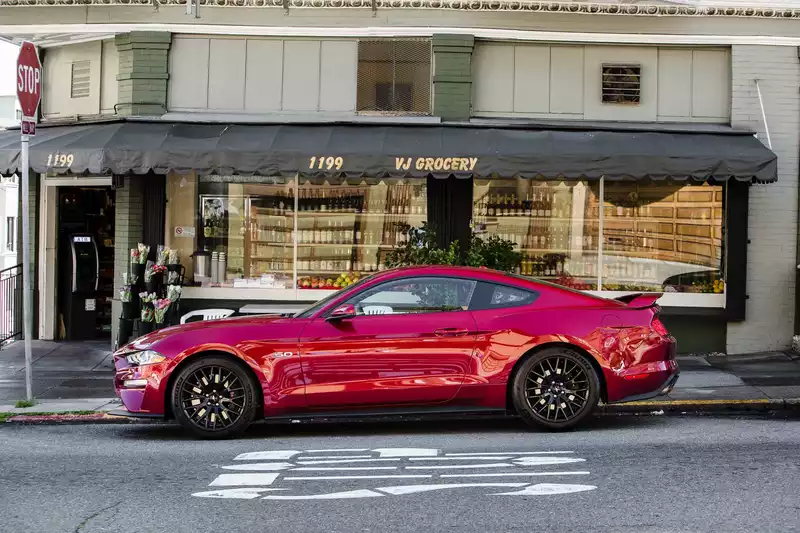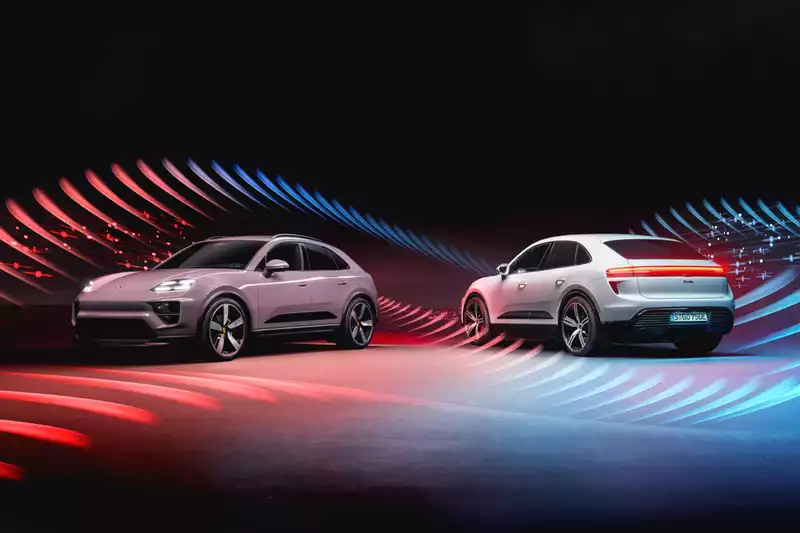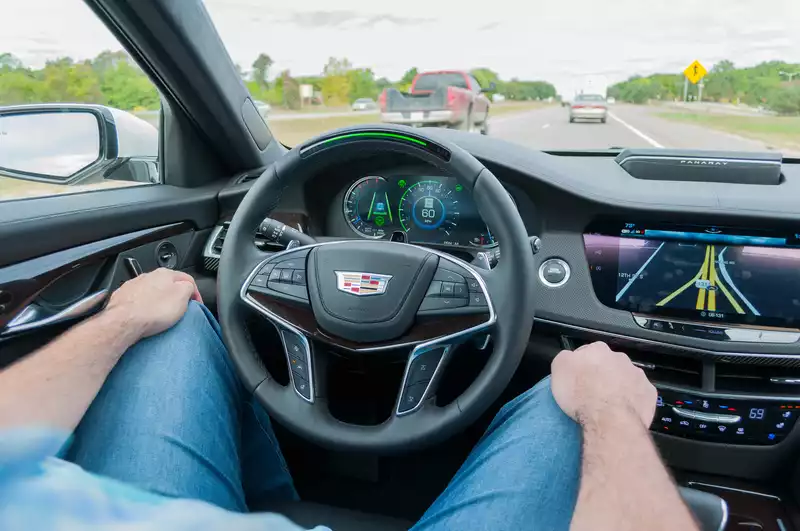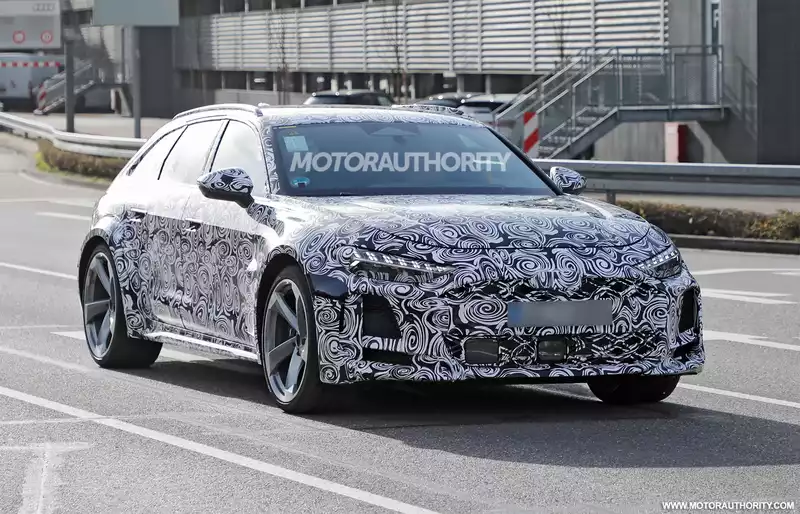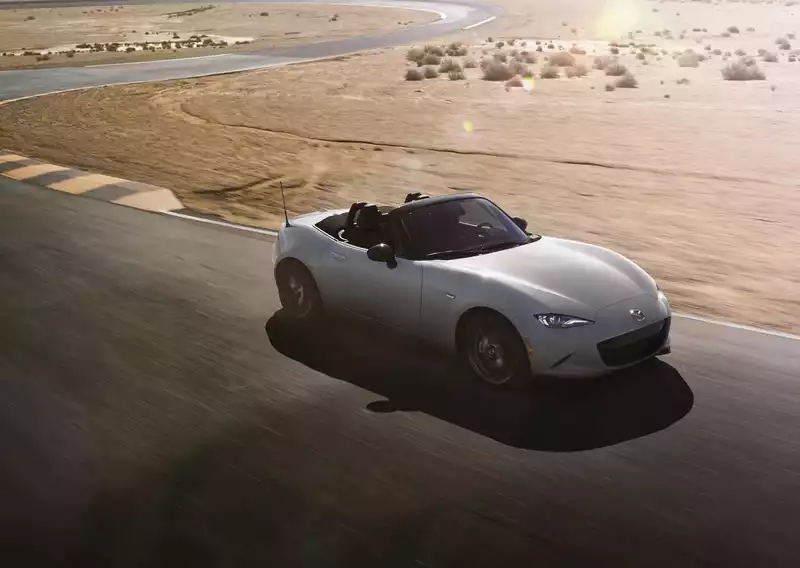Teslabot: artificial intelligence-controlled humanoid robot unveiled.
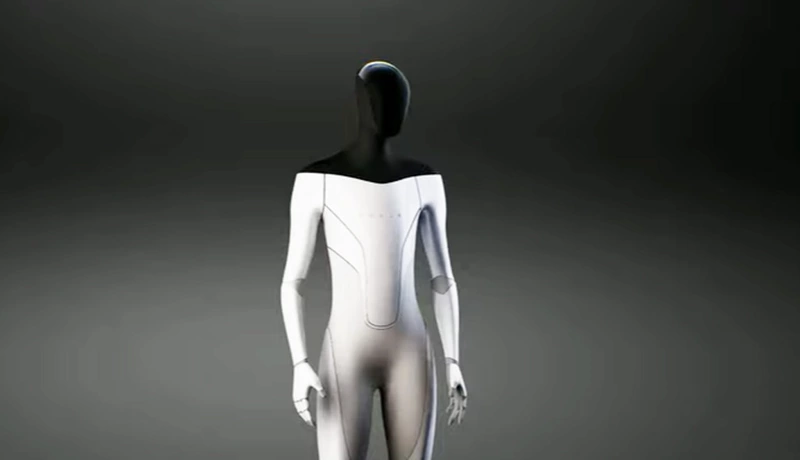
On Thursday, Tesla held a presentation at its Fremont, California plant, providing an update on its artificial intelligence development.
The main event was the presentation of the Tesla Bot, a humanoid robot controlled by the same artificial intelligence system that Tesla is developing for its cars' autonomous driving systems, drawing on the company's expertise in other areas such as sensors, computers, batteries, and actuators. It draws on the company's expertise in other areas such as sensors, computers, batteries and actuators. Work is still in the very early stages, but CEO Elon Musk has said that a prototype could be ready as early as next year.
To avoid looking intimidating, the Teslabot is only 5 feet 8 inches tall and weighs 125 pounds. According to Tesla, it has a top speed of only 5 miles per hour and can be easily overtaken to avoid a collision if necessary. As Tesla stated at the unveiling, the robot wants to show that it is "friendly."
The company sees the robot as a potential replacement for humans in dangerous, repetitive, and tedious jobs such as manufacturing or running errands. Instead of a face, the robot has a screen that provides feedback.
But what will humans do in the future when robots are doing jobs, including simple jobs? According to Musk, some sort of universal basic income will be required.
Tesla is not the first automaker to explore the possibility of robotic assistants. Honda pioneered the field with its ASIMO series of walking robots in 2000, and Hyundai Motor Group has recently invested heavily in the field, including last year's acquisition of robotics company Boston Dynamics.
Tesla's artificial intelligence presentation, called AI Day, also featured Dojo, a neural network training computer that uses data collected over millions of miles driven and applies pre-defined algorithms for explicit training. The software trained by Dojo is loaded into Tesla vehicles via wireless updates.
Tesla is developing its own computer chip to power the Dojo. The chip uses a 7-nanometer manufacturing process and has a processing power of 362 teraflops. Tesla plans to place 25 such chips in each tile and 120 tiles in several server cabinets to generate the processing power Tesla needs for the Dojo.
A few days before the AI Day event, the U.S. National Highway Traffic Safety Administration (NHTSA) launched a formal investigation into the safety of the company's Autopilot system after a series of crashes involving Teslas and emergency roadside assistance vehicles in which the driver assistance features were activated. The day after the investigation was announced, Senators Richard Blumenthal (Connecticut) and Ed Markey (Massachusetts) asked FTC Chairman Lean Kahn to investigate the marketing of Tesla's Autopilot system and its more advanced Full Self-Drive driver assistance feature. Requested.
